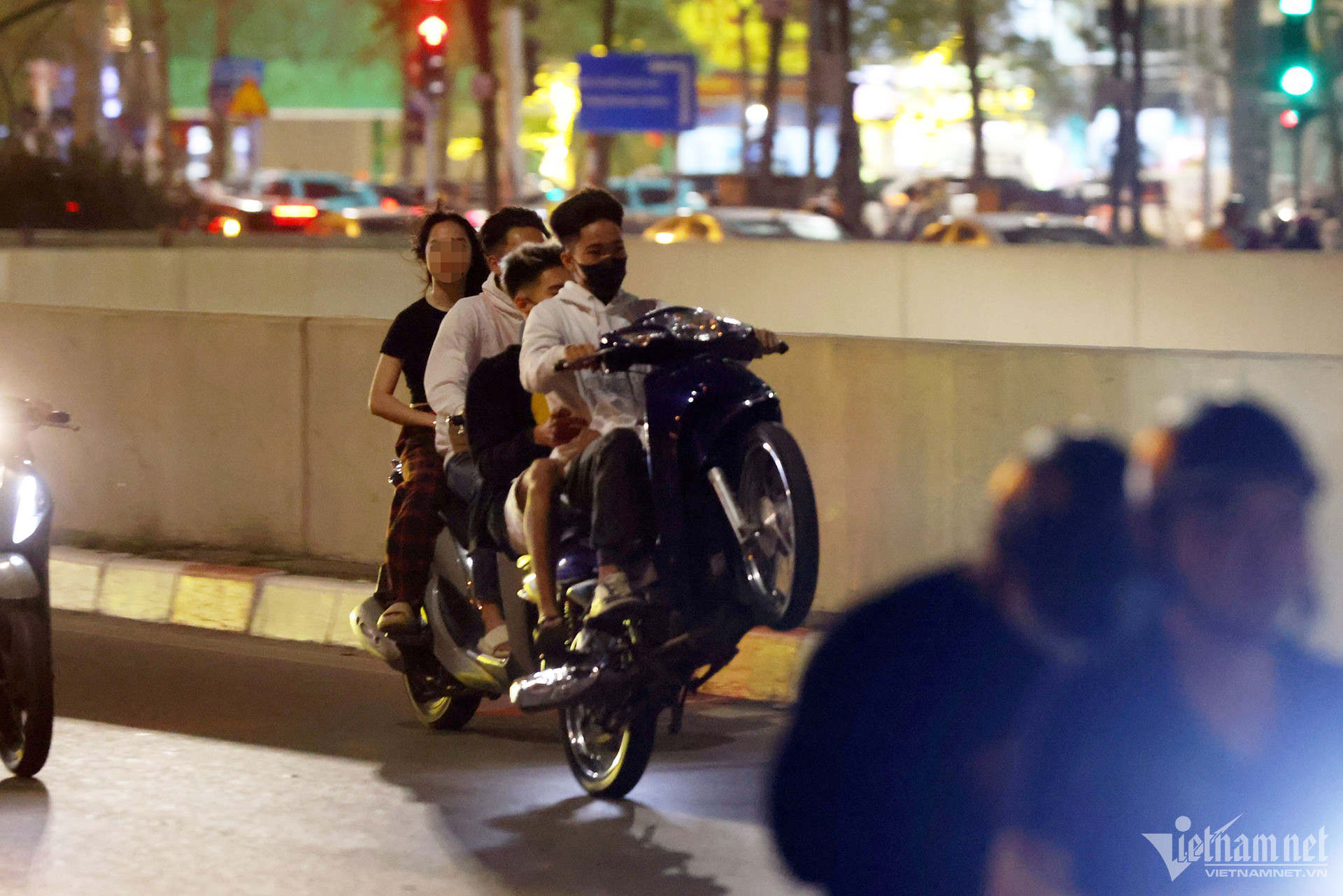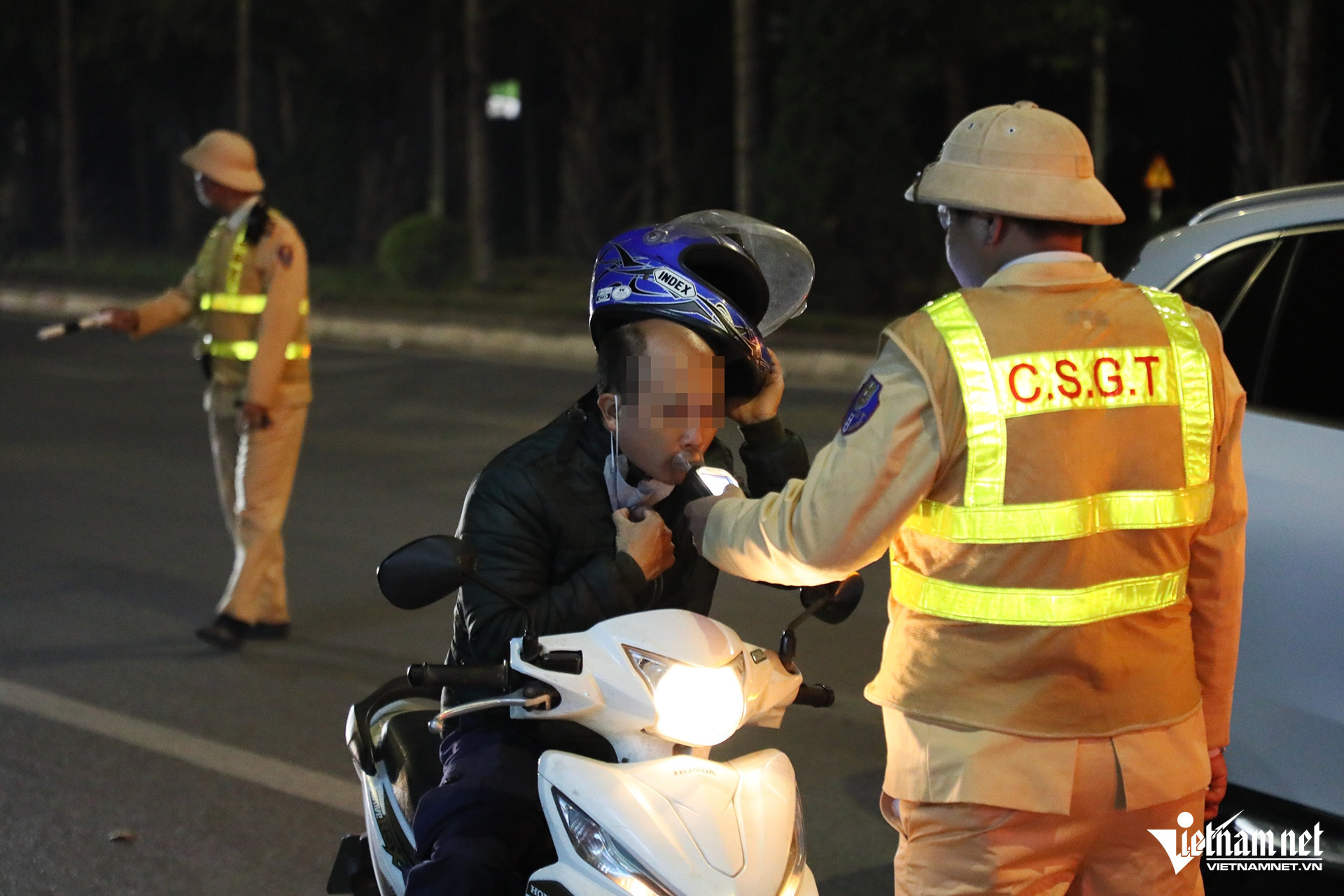The Traffic Police Department has announced new measures to enhance traffic discipline, including increased penalties and a focus on violations captured through surveillance cameras and handheld recording devices.
Stricter enforcement under new decree

On December 29, a representative of the Traffic Police Department (under the Ministry of Public Security) outlined the implementation of Decree 168/2024, which replaces Decree 100/2020 (and its amendments in Decree 123).
Effective January 1, 2025, the decree introduces higher fines and stricter penalties for traffic violations to restore order and improve road safety.
The department noted that traffic violations, particularly in urban areas, have become increasingly complex, leading to accidents, congestion, and significant social costs.
The new decree targets dangerous behaviors, such as speeding, running red lights, driving against traffic, and reversing on highways. These actions, often deliberate, are primary causes of severe traffic accidents.
Substantial penalty increases

Penalties for certain violations have been raised significantly to deter unlawful behavior. For example:
Fines for running red lights in a car have increased from VND 4–6 million to VND 18–20 million (approximately $170–$850).
Violations such as obstructing traffic inspections, improperly securing cargo, or ignoring police instructions now carry fines up to 30 times higher than previous levels.
Specific violations on highways, such as unauthorized U-turns, driving motorcycles, or reversing, now have penalties that are 2–3 times higher than before.
Some offenses, such as reckless driving or stunt driving, may result in vehicle confiscation.
Leveraging technology for enforcement
To improve effectiveness, the Traffic Police will prioritize the use of advanced monitoring systems:
Surveillance cameras: Installed at intersections and other critical areas.
Handheld and body-mounted cameras: Used by officers to document violations and educate the public.
This approach aims to reduce direct confrontation, enhance transparency, and gradually foster a culture of compliance among road users.
Building safer traffic habits
The success of Decree 100 in reducing alcohol-related traffic violations serves as a model for these new measures.
“Public awareness has improved, with a growing consensus around the principle of ‘No drinking and driving,’” said a Traffic Police Department representative.
Through increased penalties and a focus on education, the department aims to promote long-term traffic safety and establish a modern, disciplined traffic culture in Vietnam.
Dinh Hieu